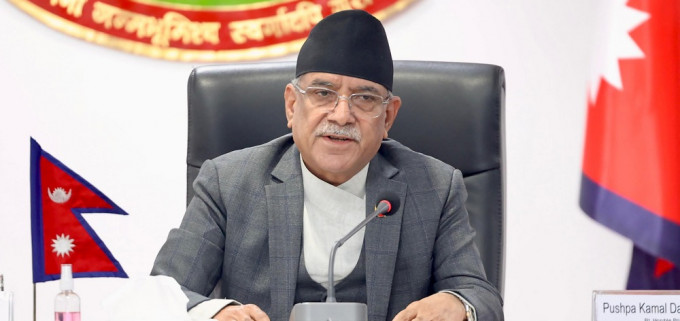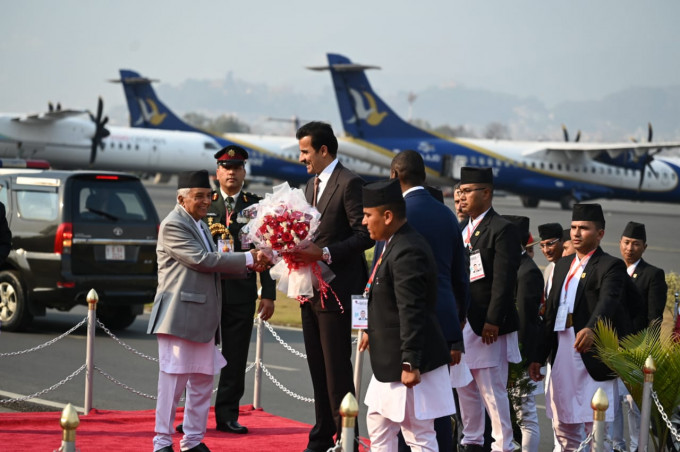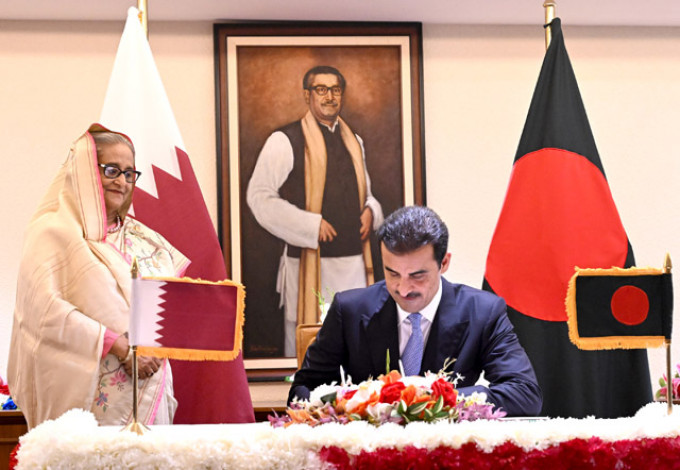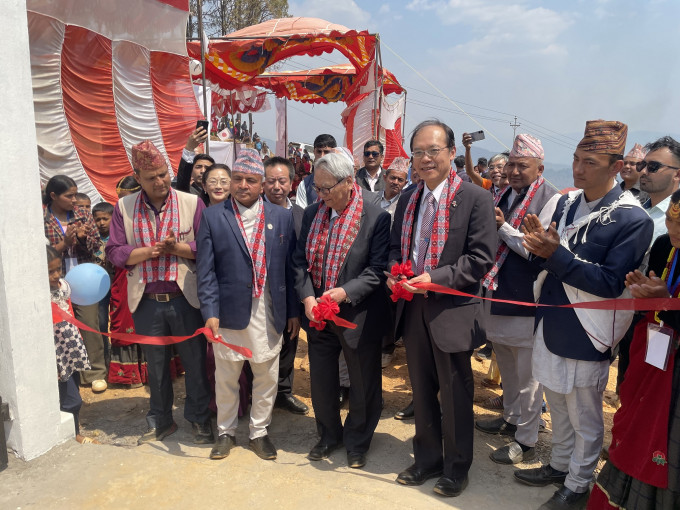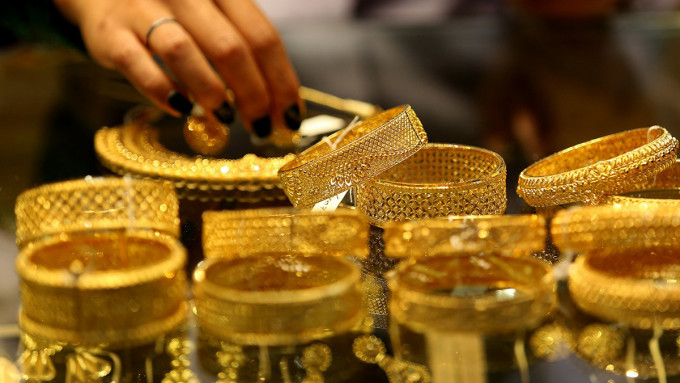The stigma around menstruation has existed for as long as we can remember. Ironically, this very natural phenomenon that makes it possible to give life is the most misunderstood.
According to Population Services International Nepal research in 2017 on menstrual health, about 89% of menstruating individuals experience restrictions, big or small, during their cycle. Even chhaupadi, which is illegal, had been observed in Achham, Bajura and Parsa District during the research done by UNICEF in 2016.
Moreover, only a mere 15% of menstruating individuals in Nepal use pads, and 83% make do with cloth. This high level of period poverty can largely be attributed to economic disparities, lack of targeted awareness campaigns and the high prices of sanitation products. On average, sanitary pads cost about Rs. 55- 60 for a pack of six, and a menstruating individual requires about two of these every month. The price tags on sanitation products usually deter people from purchasing them. Going into the crux of this issue, it is necessary to acknowledge that sanitary pads are a necessity rather than a luxury on a policy-making level.
Apart from the apparent discomfort free-flowing during menstruation brings, it also carries serious health problems—UTI (urinary tract infection) and reproductive infections. It is crucial to recognize sanitary products as necessities and exempt them from the "luxury tax", or the 13% VAT levied on them.
In the past year, we have seen "Raato Kar Maaf Gar" or "Remove the Red Tax" rallies in the country. At the forefront of this rally is Pad2Go Nepal, a Nepali social enterprise aiming to make menstrual products accessible. Founded by Shubangi Rana and Jesselina Rana in 2018, Pad2Go has been rallying for VAT exemption on period products since 2020.
On a Pad2Go podcast, Jesselina Rana says, "The VAT on books was removed because many people protested, and there was a sense of success among the youths. I think protesting about VAT on sanitary products is also something a lot of people stand in solidarity with and have a one-track approach about."
Further adding to the issue, her co-founder Shubangi Rana remarks, "Considering how India also exempted VAT on sanitary products in 2018, we should learn from our neighbour and other South Asian countries." As of now, 13% VAT is still levied on sanitary products, but the team remains hopeful.
Apart from making sanitary products more financially accessible, it is essential to make them tangibly accessible. Often, inaccessibility to sanitary products is due to poor infrastructure. However, in cities with adequate infrastructure, we find it difficult to get a hold of sanitary products in public and private bathrooms. Pad2Go has addressed this by being the first enterprise with sanitary vending machines all over the country, with over 310 machines installed in 7 provinces. These vending machines are manual and do not require electricity, making them feasible in areas with no constant electricity supply. They are rustproof and waterproof—perfect for mounting on damp areas of the washroom.
Striving to implement a Robin Hood effect through these vending machines, Pad2Go has partnered with national and international pad companies to give 100% of the profit from pads and 10% of the profit from the machines to make sanitary gender and disable friendly bathrooms in rural communities.
"We went from saying, Oh no! I got my period from Oh, I got my period since the vending machine was installed,” says a student of St Mary's. Being an all-girls school, St Mary's was one of the first places to have the Pad2Go sanitary vending machine installed. These machines were loaded with pads students could withdraw for Rs. 20. The initiative was met with a lot of commendation—students no longer had to worry about having their monthly cycles in school. "Before vending machines were installed in our bathrooms, getting your periods in school felt like a public announcement. First, you ask around for an extra pad or money to buy the pad, then ask permission to go to the office, then write your name and finally access pad," she further adds.
Working towards normalising menstruation in otherwise conservative communities, Pad2Go has launched the "Mahinawaari Movement" to integrate young boys and girls into conversations around menstruation. Encouraging kids to start referring to menstruation as "Mahinawaari" (monthly cycle) rather than "Nacchune", Pad2Go hopes to break the stigma around periods. Their other efforts include: Period Parties to share experiences, Red Dot Campaign and Inclusive Periods movement.
Making communities period positive for menstruating individuals does more than just encouragement—it lowers dropout rates, makes them go to school during their cycle, and prevents complications that come about in the absence of sanitary products. Although Pad2Go is pioneering this movement of eradicating period poverty in our country, they need community involvement and policymakers' help.
READ ALSO:



